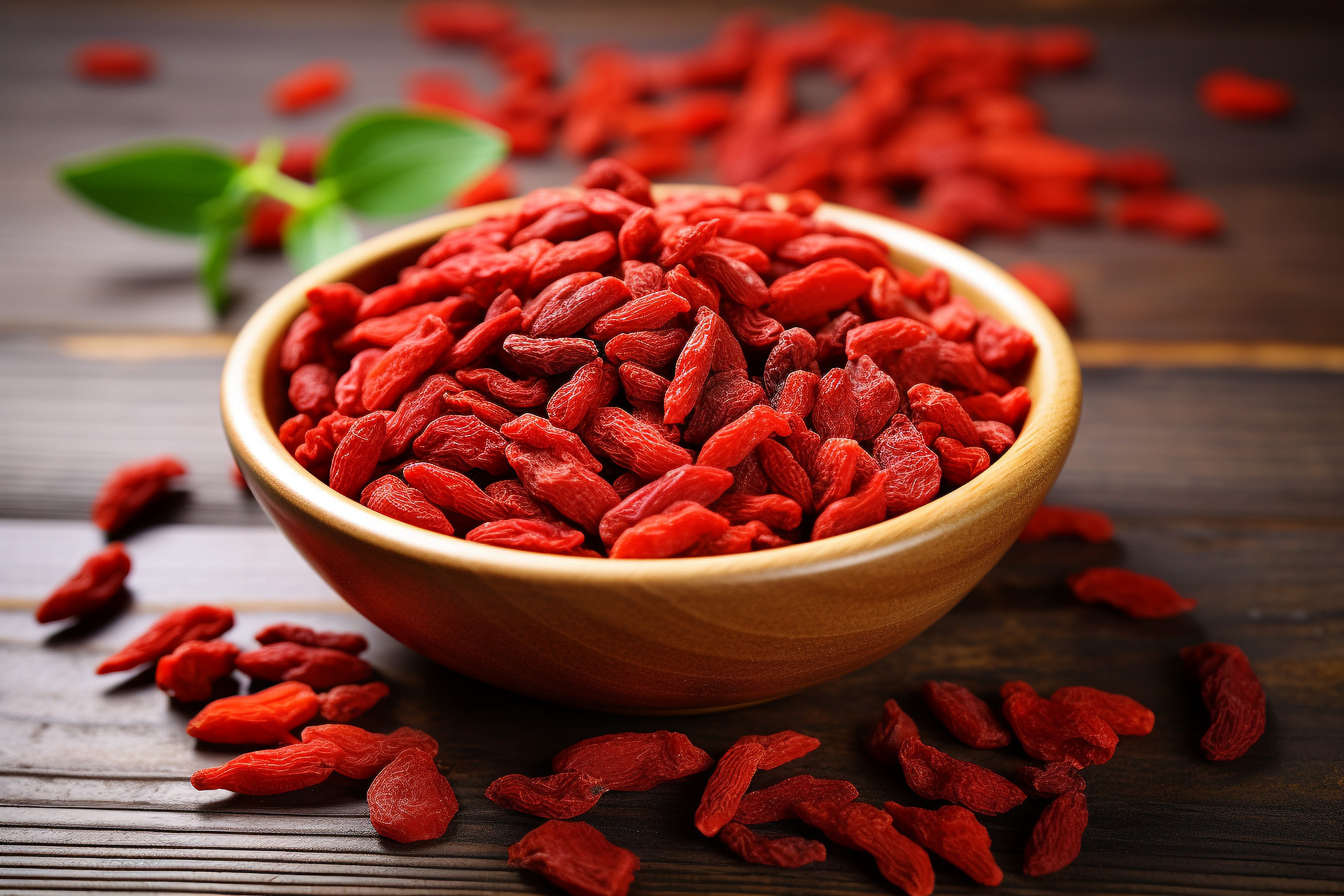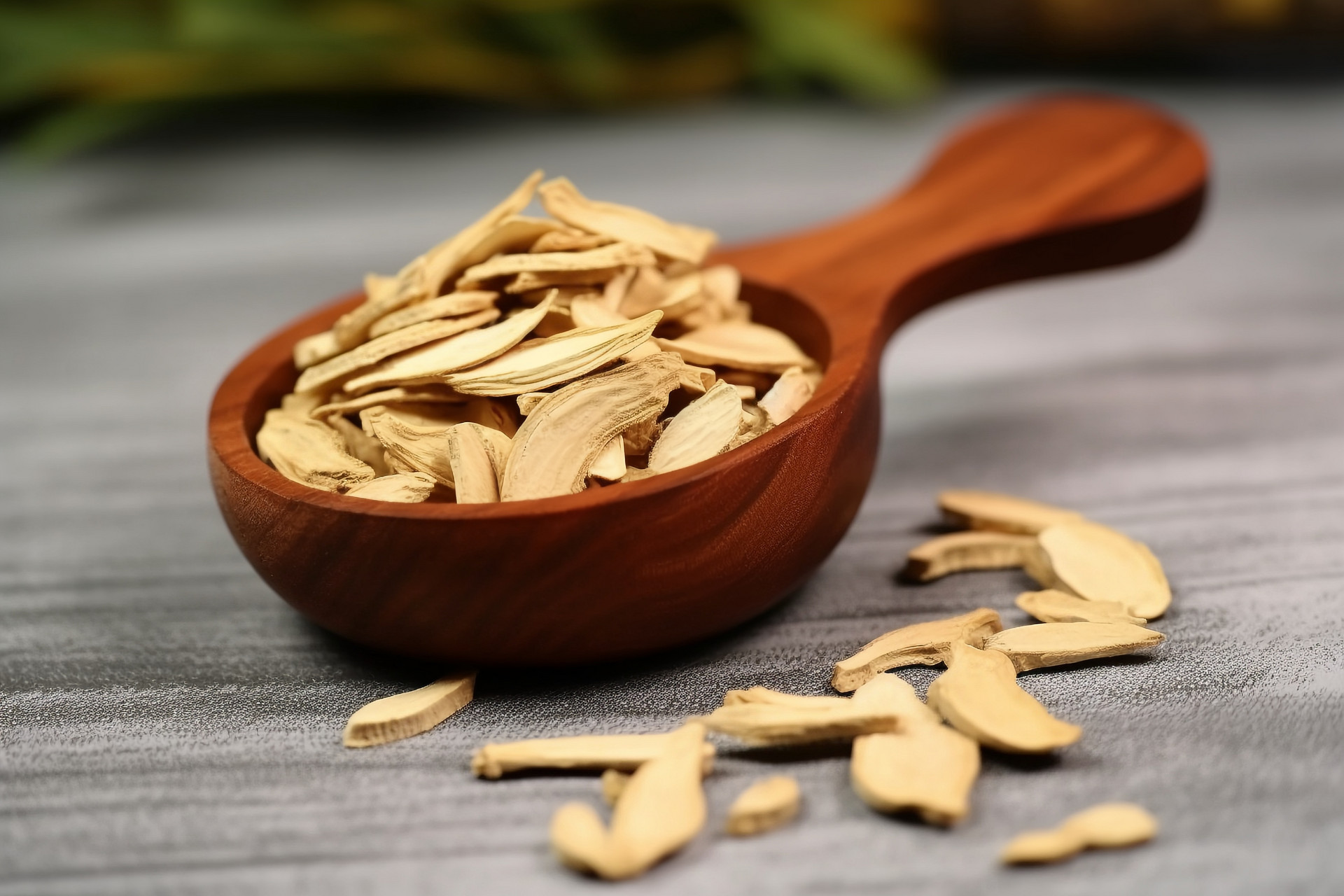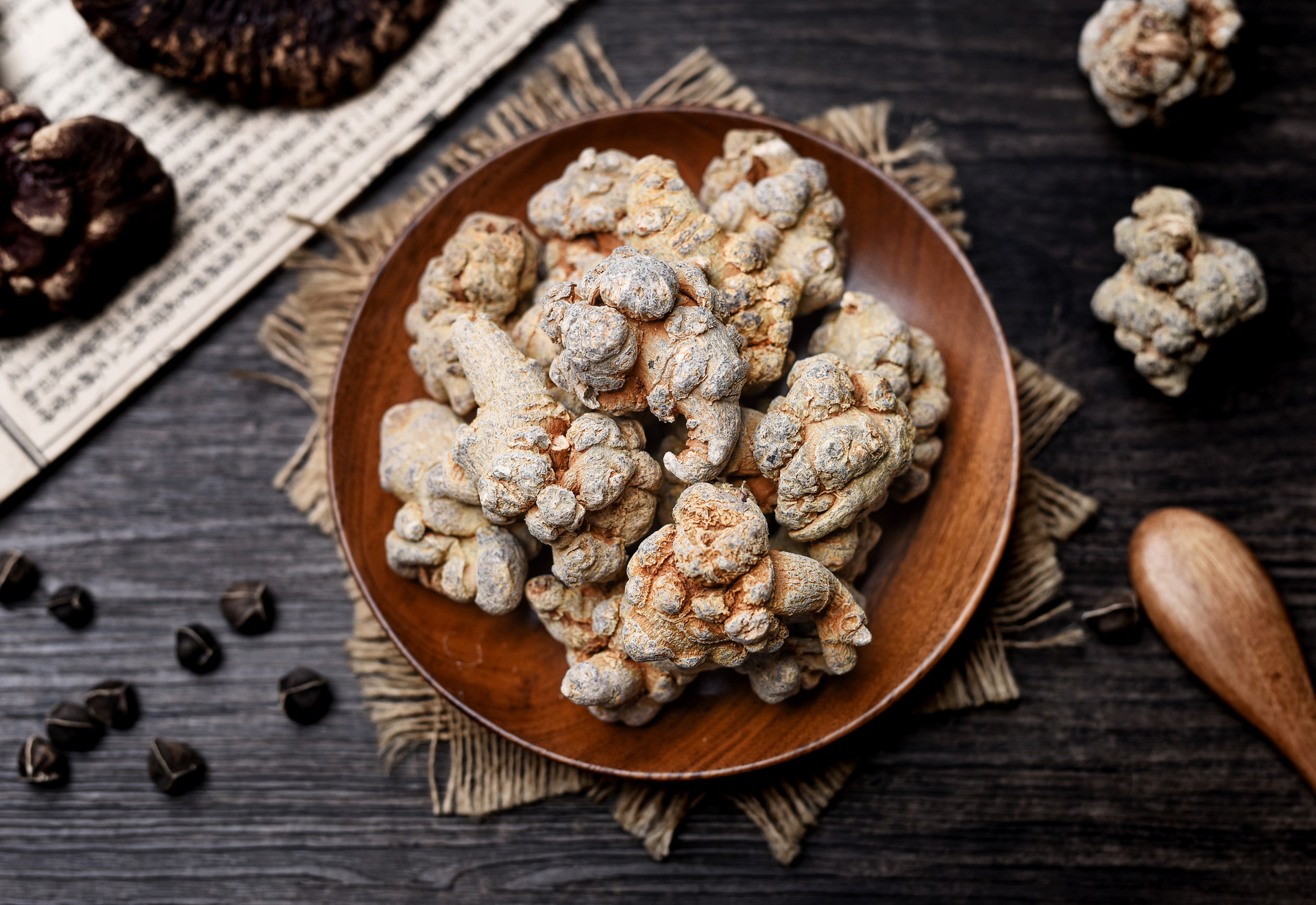Efficacy and effects of rhodiola rosea and contraindications
April 4, 2023
The effects and contraindications of rhodiola rosea] is the concern of many people, here is a careful introduction for everyone, rhodiola rosea alias: rose rhodiola rosea, Saulo Marb, taste: sweet, bitter, flat. It belongs to the lung and heart meridians. The main treatment for sore throat, lung pain, sore throat, lung pain. So what are the specific effects and contraindications of rhodiola rosea?
Benefiting Qi and invigorating blood, promoting blood circulation and relieving pain
Rhodiola rosea can benefit Qi and invigorate blood, promote blood circulation and relieve pain. It is suitable for chest paralysis and cardiac pain caused by Qi deficiency and blood stasis, palpitation and shortness of breath, fatigue, less breath and lazy speech, and can be used together with Astragalus and Panax ginseng.
Benefiting Qi and strengthening the spleen
Rhodiola Rosea is sweet in taste, like the lung and spleen meridians, and can benefit qi and strengthen the spleen, calm asthma and stop cough. It can be used with Rhizoma Atractylodis Macrocephalae and Radix et Rhizoma Polygoni for treating cough and asthma in waste market. It can be used with Radix et Rhizoma Ginseng, Radix Astragali and Fructus Schisandrae; if there is deficiency of lung yin, coughing with sticky phlegm or hemoptysis, it can be used with Radix et Rhizoma Polygoni, Radix et Rhizoma Polygoni.
Two-way regulation
The health of human body depends on the balance of environment in the body, i.e. the balance of yin and yang. Rhodiola rosea can mobilize all the positive factors in the body and has a two-way regulating effect of replenishing deficiency and reducing excess, through self-regulation of the human metabolic system, circulatory system, nervous system, endocrine system, immune system, etc., so that the body can reach the best state, so that the blood pressure, hemoglobin, hematocrit, blood sugar, cardiovascular and cerebrovascular function of the body to return to normal levels.
Effective regulation of the nervous system
It can effectively eliminate human tension, balance the central nervous system, improve sleep and irritability or depression, increase energy and enhance memory. It can wake up the brain, reduce the error rate, improve the efficiency of work and study, and prevent senile dementia.
Anti-fatigue
Rhodiola rosea has a cardiotonic effect, which can increase the duration of normal brain and muscle activity and prolong the load capacity of brain nerves and body muscles. It can enhance the utilization of oxygen, reduce the level of lactic acid and acetone in the blood, and lower the oxygen consumption of muscles. When overworked, it can accelerate the decomposition of fat and protein to increase energy transfer; after overworked, it can increase the reserve of muscle glycogen and liver glycogen. It has a significant effect on the prevention and treatment of fatigue syndrome and enables the body to maintain a long period of vigor and vitality.
Anti-radiation and anti-tumor
Rhodiola rosea glycosides can effectively increase the conversion rate of T-lymphocytes (a subpopulation of mature lymphocytes, the immune effect of T-lymphocytes is called "cellular immunity") and enhance the vitality of phagocytes (the important function of mobile phagocytes and fixed phagocytes is to extinguish pathogenic bacteria that invade the body), enhance immunity, inhibit Tumor growth, increase white blood cells, resist microwave radiation, and have a good recovery effect on cancer patients after radiotherapy and other post-illness weakness.
Anti-hypoxia
All living things need oxygen, so lack of oxygen is the source of all diseases. Rhodiola rosea can reduce the rate of oxygen consumption in the muscle, improve the brain's tolerance to hypoxia, and increase the oxygen-carrying capacity of the blood to increase the disease resistance of the muscle, so that the diseased tissues can recover quickly.
Effects on human smooth muscle
Asthma is caused by smooth muscle spasm, Rhodiola rosea can very effectively release smooth muscle spasm and regulate the smooth movement of the intestinal tract, and has a significant effect on asthma, bronchitis, phlegm, constipation and other diseases.
Effects on rheumatic and rheumatoid arthritis
Arthritis is caused by wind, cold and dampness. It has been clinically proven that Rhodiola rosea can drive away wind, fight against cold and eliminate pain, especially on joint swelling with obvious swelling and inhibiting effect.
Anti-aging
Rhodiola rosea can delay cell aging, improve the body SOD (superoxide dismutase, is the only internationally recognized non-controversial anti-aging, anti-disease substances, the international scientific community called SOD "magic enzyme" and "human waste scavenger") activity, and It inhibits the formation of intracellular lipofuscin and reactive oxygen species, enhances the metabolism and synthesis of cells, and improves the vitality of cells. In addition, it also has the effect of skin care.
Enhances athletic endurance
Rhodiola rosea has been used in sports to enhance or maintain the endurance of athletes during competition or training.
Animal studies have shown that mice taking rhodiola extract can significantly prolong long-distance swimming and stimulate the synthesis or resynthesis of adenosine triphosphate (ATP) in intracellular mitochondria. This high-energy molecule synthesis is the main source of energy for most cellular functions and is indispensable for exercise and respiration.
The experimental results showed that although the amount of ATP in mitochondria decreased in both the control and rhodiola groups, the rate of decrease was less significant in mice fed rhodiola. This indicates that Rhodiola rosea extract can stimulate the synthesis or resynthesis of ATP during muscle exercise, which helps to enhance physical performance and promote recovery after strenuous exercise.
Anti-diabetic
Rhodiola rosea is also used in traditional medicine for the treatment of diabetes. Experiments have been conducted using rats to test the effects of Rhodiola Rosea on the control of glycemic index, enzymes and some antioxidant activities in type 2 diabetes.
The experiments showed that Rhodiola rosea extract was effective in reducing blood glucose and accelerating antioxidant activity. This suggests that Rhodiola rosea may be useful in preventing hyperglycemia.
Anti-asthma
Rhodiola rosea has been clinically shown to significantly combat pneumonia and asthma. It is effective against allergic asthma. Generally, adults can take 15 - 30 grams of Rhodiola rosea daily with water decoction as needed for a half month course of treatment, which can be increased as needed.
Anti-cancer properties
Some reports indicate that Rhodiola Rosea has anti-cancer and anti-mutagenic properties, and its anti-cancer mechanism lies in cell growth cycle control and apoptosis. 2006, a study showed that Rhodiola Rosea can inhibit the division process of HL-60 blood cancer cells and reduce their chances of survival. In addition, Rhodiola rosea directly inhibited the growth and spread of lung cancer cells.
Contraindications of Rhodiola Rosea
1, children, pregnant women use with caution
2、Single brew, not suitable with other tea.
3、It is not recommended to use if you have a fever or cough. In Chinese medicine theory, if there is inflammation in the body, if you use the herbs for Qi, it is easy to "attract the wind and evil into the inside", the disease will be more serious.
4. The amount of Rhodiola rosea should not be more than 3-10 grams per internal dose. (General infusion of water with about 15 grams per day)
 The Medicinal Benefits of Rhodiola Rosea: Traditional Chinese Recipes for Health and Wellness
The Medicinal Benefits of Rhodiola Rosea: Traditional Chinese Recipes for Health and Wellness Exploring the Benefits and Usage of Rhodiola Rosea in Traditional Chinese Medicine
Exploring the Benefits and Usage of Rhodiola Rosea in Traditional Chinese Medicine Distinguishing Genuine and False Rhodiola Rosea: A Guide to Identifying the Authentic Medicinal Herb
Distinguishing Genuine and False Rhodiola Rosea: A Guide to Identifying the Authentic Medicinal Herb Massaging Zhaohai: Benefits, Techniques, and Precautions
Massaging Zhaohai: Benefits, Techniques, and Precautions Can White Fruit Treat Prostate Problems?
Can White Fruit Treat Prostate Problems?
 1Chestnuts and Breastfeeding: What You Need to Know
1Chestnuts and Breastfeeding: What You Need to Know 2How Many Baiguo Can Cause Poisoning and How to Safely Consume it
2How Many Baiguo Can Cause Poisoning and How to Safely Consume it 3Massage Therapy: An Effective Treatment for Lumbar Sprains
3Massage Therapy: An Effective Treatment for Lumbar Sprains 4Using Massage Therapy to Alleviate Fever Caused by Startling in Babies
4Using Massage Therapy to Alleviate Fever Caused by Startling in Babies 5Massage Techniques for Mumps: Relieving Swelling and Pain
5Massage Techniques for Mumps: Relieving Swelling and Pain
